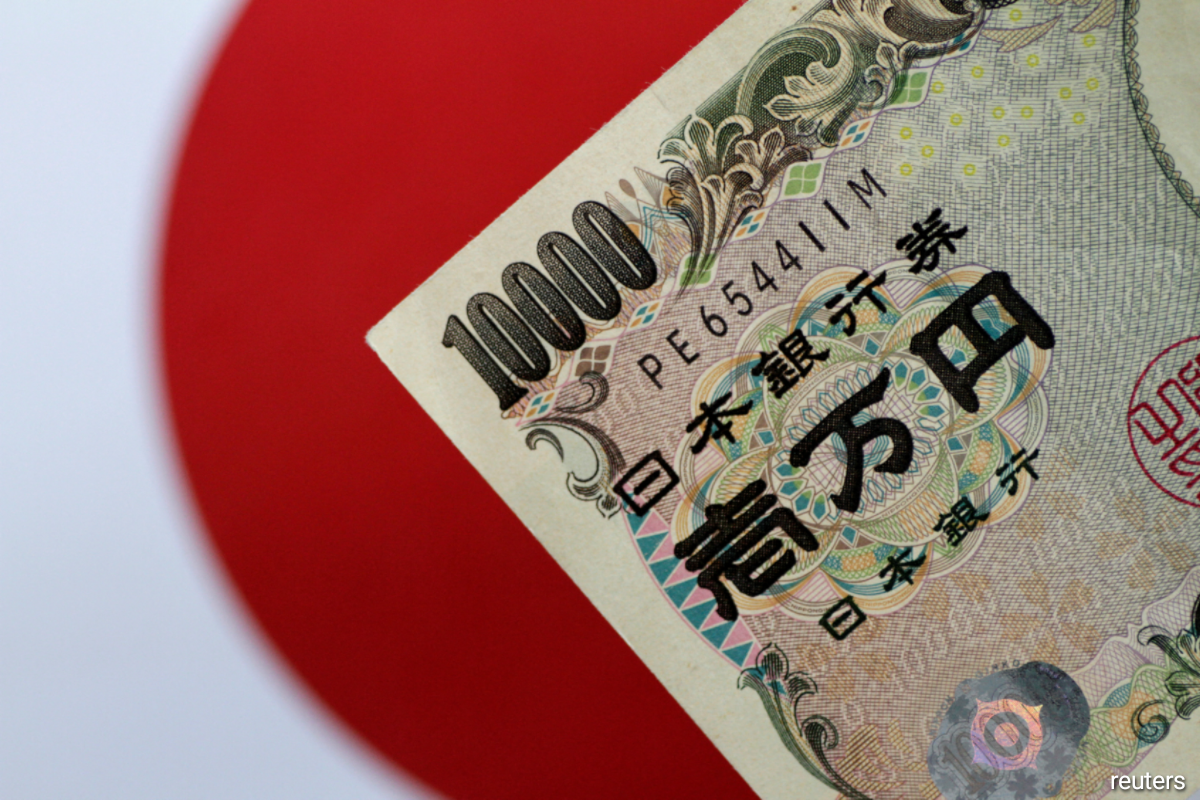The yen may be near 24-year lows, but Japan's central bank is not even close to trying to support it with higher interest rates.
That is the message from three sources familiar with the thinking of the Bank of Japan (BOJ), and it was strongly implied by the country's top foreign exchange diplomat last week and indeed by central bank chief Haruhiko Kuroda in July.
The government - especially the Ministry of Finance (MOF) - has repeatedly and strongly expressed dissatisfaction with this year's falls in the yen, which on Sept. 7 dropped as far as 144.990 per dollar, down 30% since the end of 2021.
But the central bank is independent and by law obliged to attend to inflation and the state of the economy, not the exchange rate.
Its support for the weak economy with ultra-low interest rates is the main factor behind the yen's weakness, since other central banks, notably the U.S. Federal Reserve, are briskly tightening monetary policy, making their currencies more attractive as destinations for capital.
The BOJ has no intention of raising interest rates or tweaking its dovish policy guidance to prop up the yen, the sources said.
"The BOJ won't directly target currency rates in guiding policy," said one of them. "It looks at yen moves in the context of how they affect the economy and prices."
"Current economic conditions don't justify tweaking ultra-loose policy," that person said, expressing a view echoed by the other two sources
The BOJ has joined the finance ministry in warning against sharp falls in the currency. But Kuroda said in July, "It's hard to believe that just by raising rates somewhat, you can stop the yen's decline."
When the MOF expresses its displeasure with the yen's falls, it is said to be jawboning - dropping a hint that it may intervene in the market to support the currency. This is intended to make traders cautious in selling the yen.
Last week's comments by Masato Kanda, a MOF official who serves as Japan's top currency diplomat, emphasized the divergence between the government and central bank.
But he declined to comment on BOJ policy and said "the government" - instead of "government and the BOJ" - was ready to use all available tools to battle excessive yen declines.
"Each of us has our own mandate. That's why I carefully used 'government' as the subject at times and 'government and BOJ' at other times," Kanda told reporters.










